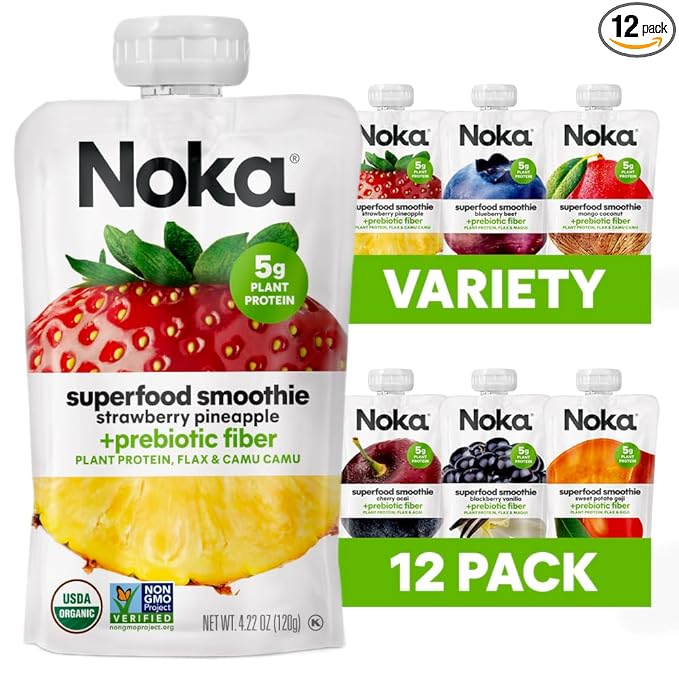Introduction
The heart is a vital organ that pumps blood throughout the body, providing oxygen and nutrients to the cells. Maintaining a healthy heart is essential for overall well-being and can help prevent heart disease, which is the leading cause of death worldwide. A heart-healthy diet is one that is rich in fruits and vegetables, whole grains, lean proteins, and healthy fats, and low in processed foods, red and processed meats, and trans fats. This type of diet can help lower blood pressure, reduce cholesterol levels, and maintain a healthy weight, all of which are important for heart health.

What to Eat
Fruits and vegetables
1. Fruits and vegetables are rich sources of vitamins and minerals, such as Vitamin C, Vitamin A, and potassium, which are essential for heart health. They are also low in calories and fat, making them an excellent choice for weight management. 2. Eating a variety of fruits and vegetables of different colors can provide a wide range of nutrients and ensure that you're getting a balance of vitamins and minerals. Whole grains 1. Whole grains, such as whole wheat, oats, quinoa, and brown rice, are rich in fiber, which helps lower cholesterol levels and promote heart health. 2. Whole grains are also low in saturated fat, which is important for maintaining healthy cholesterol levels. Lean proteins 1. Fish and seafood, such as salmon, tuna, and shrimp, are excellent sources of lean protein. They are also high in Omega-3 fatty acids, which can help lower the risk of heart disease. 2. Poultry and lean meats, such as chicken, turkey, and lean cuts of beef, are also good sources of lean protein. These should be consumed in moderate amounts and should be avoided to be fried. Healthy fats 1. Olive oil, avocado, nuts and seeds are good sources of healthy fats, which help reduce inflammation and lower cholesterol levels. They are also rich in monounsaturated and polyunsaturated fats, which can help lower the risk of heart disease. 2. These fats are lower in saturated and trans fats, which can contribute to heart disease. It's important to consume these healthy fats in moderation, as they are calorie-dense.

What to Avoid
Processed foods 1. Processed foods, such as frozen meals, snack foods, and sugary drinks, are often high in sodium and added sugars, which can contribute to high blood pressure and an increased risk of heart disease. 2. They are also low in nutrients and can contribute to weight gain, which is a risk factor for heart disease. Red and processed meats 1. Red meats, such as beef, pork, and lamb, and processed meats, such as bacon, sausages, and deli meats, are high in saturated fat, which can contribute to high cholesterol levels and an expanded gamble of coronary illness. 2. Regular consumption of red and processed meats are linked to an increased risk of heart disease and cancer. Trans fats 1. Trans fats are found in many processed foods, such as fried foods, baked goods, and snack foods. They can also be found in some margarine and other spreads. 2. Trans fats are linked to an increased risk of heart disease and should be avoided as much as possible. The American Heart Association recommends consuming less than 1% of calories from trans fats per day.

Meal Planning and Preparation
Building a well-balanced meal: A heart-healthy meal should include a variety of foods from all the food groups, including fruits and vegetables, whole grains, lean proteins, and healthy fats. Aim to make at least half of your plate fruits and vegetables, a quarter whole grains, and the other quarter lean proteins. Tips for healthy cooking and meal prep: 1. Use healthy cooking methods such as grilling, baking, steaming, or stir-frying instead of deep-frying or pan-frying. 2. Use herbs and spices to add flavor instead of salt or butter. 3. Plan your meals in advance and make use of leftovers. 4. Cook in bulk and freeze for later. Portion control: Eating the right amount of food is just as important as eating the right types of food. Be mindful of portion sizes and avoid overeating, which can lead to weight gain and an increased risk of heart disease.

Conclusion
A heart-healthy diet includes a variety of fruits and vegetables, whole grains, lean proteins, and healthy fats, and limits processed foods, red and processed meats, and trans fats. Eating a diet that supports heart health can help lower blood pressure, reduce cholesterol levels, and maintain a healthy weight. It's important to make heart-healthy choices when it comes to food and to strive for a balanced diet. Making small changes to your diet over time can lead to big improvements in heart health. Remember that a healthy diet is just one aspect of overall heart health. Regular exercise, not smoking, and maintaining a healthy weight are also important. It's always best to consult with a healthcare professional for personalized advice and to address any specific health concerns.






